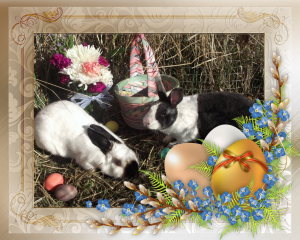 The time of the vernal equinox was auspicious in ancient cultures. In the Anglo-Saxon calendar, Eostremonath was named after Eostre (Ostara in Old High German), the maiden goddess of dawn and the spring. At the time of the equinox a feast is celebrated in her honor, replete with offerings of rabbit shaped cakes and colored eggs. This is because Eostre adopted both the hare and egg as her symbols.
The time of the vernal equinox was auspicious in ancient cultures. In the Anglo-Saxon calendar, Eostremonath was named after Eostre (Ostara in Old High German), the maiden goddess of dawn and the spring. At the time of the equinox a feast is celebrated in her honor, replete with offerings of rabbit shaped cakes and colored eggs. This is because Eostre adopted both the hare and egg as her symbols.
According to legend, a magical white hare wanted to please Eostre by bringing her a gift. After careful contemplation of which gifts to bring, he settled on eggs, however, not the usual white or brown ones. Using his magical powers, he charmed the eggs, so the shells were a variety of pretty colors. In lieu of a basket, he presented his gift in the very same nest from which he stole the eggs. The goddess was very pleased with the gift and bestowed upon the hare the nickname ‘Egg Bringer.’ For this reason rabbits and hares, especially white ones, are sacred to her. Continue reading

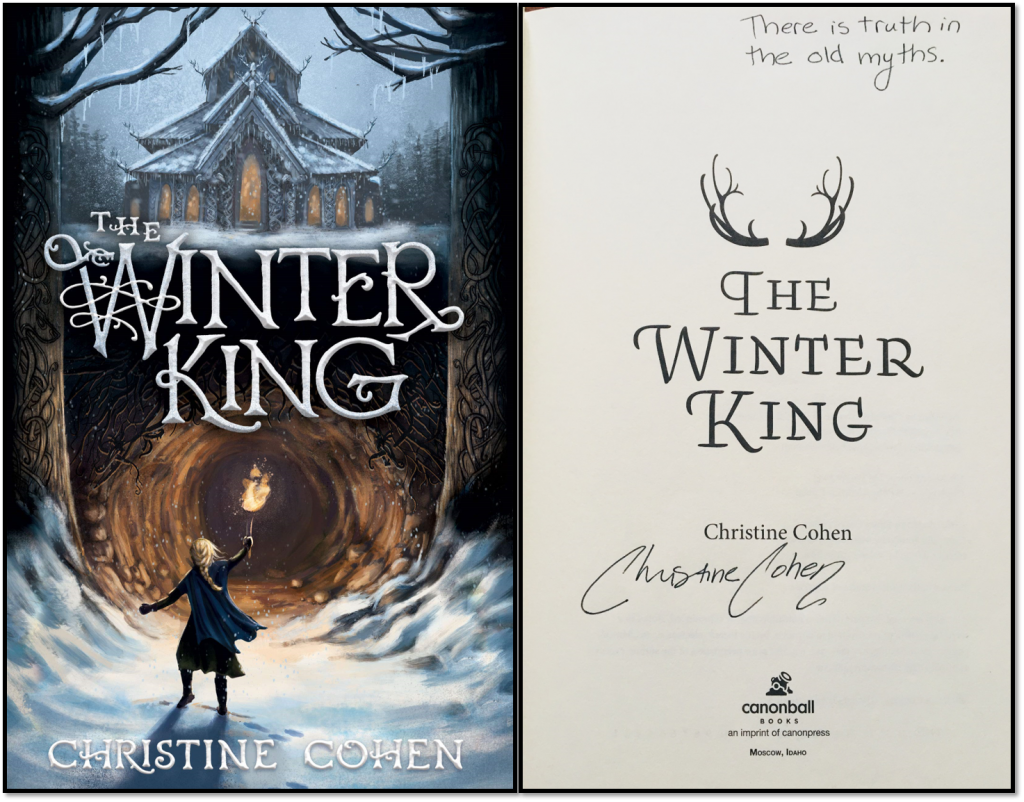
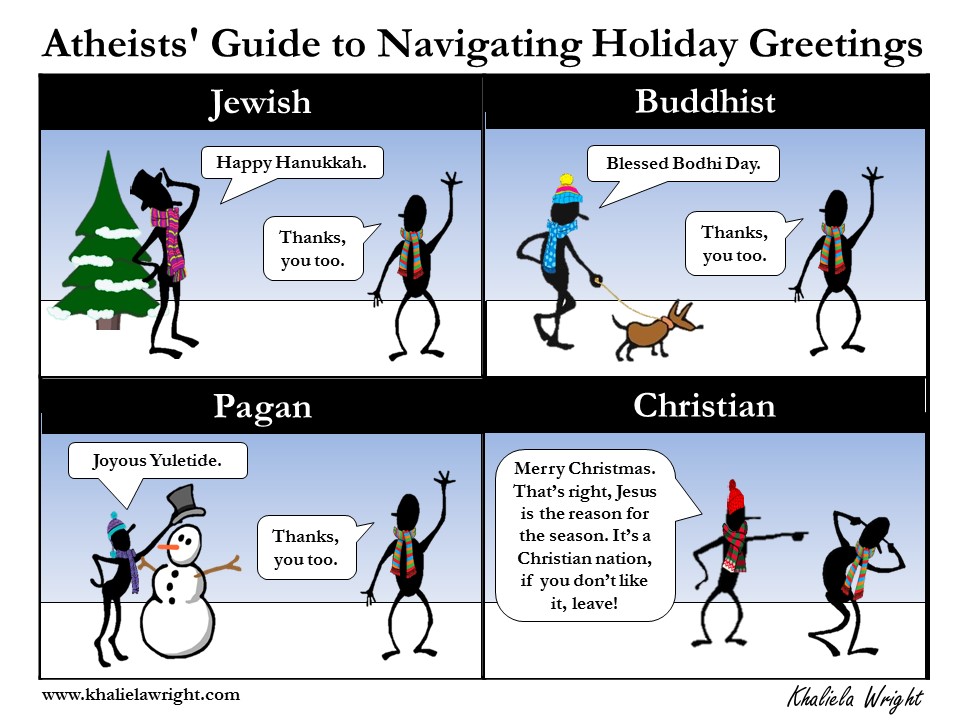 My cartoon ran in the Moscow Pullman Daily News on Wednesday, December 18, 2019.
My cartoon ran in the Moscow Pullman Daily News on Wednesday, December 18, 2019.
 Halloween is the only time of year witches are in vogue. Suddenly everyone is interested in black magic, spell craft, hexing their neighbor, and a host of other things that bear little resemblance to actual Paganism. Despite the annual autumnal uptick in interest in all things occult, Halloween isn’t a Pagan holiday. That doesn’t mean we Pagans won’t dress up in costumes and join our Christian brethren in unholy revelry, general debauchery, and handing out candy to trick-or-treaters, but we do have our own holiday to celebrate, Samhain.
Halloween is the only time of year witches are in vogue. Suddenly everyone is interested in black magic, spell craft, hexing their neighbor, and a host of other things that bear little resemblance to actual Paganism. Despite the annual autumnal uptick in interest in all things occult, Halloween isn’t a Pagan holiday. That doesn’t mean we Pagans won’t dress up in costumes and join our Christian brethren in unholy revelry, general debauchery, and handing out candy to trick-or-treaters, but we do have our own holiday to celebrate, Samhain. The timing of the Harvest Festival is a tricky one for Pagans, as harvest occurs at different times in different regions. There is no specific date across Celtic culture that corresponds to a harvest festival, despite the fact that such festivals very much did exist. Herodotus first mentioned the Celts in 5 BCE and noted that they principally lived along the upper Danube River. At the time, their principal festivals, Imbolg, Beltane, Lughnasad, and Samhain, marked the changing of the seasons.
The timing of the Harvest Festival is a tricky one for Pagans, as harvest occurs at different times in different regions. There is no specific date across Celtic culture that corresponds to a harvest festival, despite the fact that such festivals very much did exist. Herodotus first mentioned the Celts in 5 BCE and noted that they principally lived along the upper Danube River. At the time, their principal festivals, Imbolg, Beltane, Lughnasad, and Samhain, marked the changing of the seasons.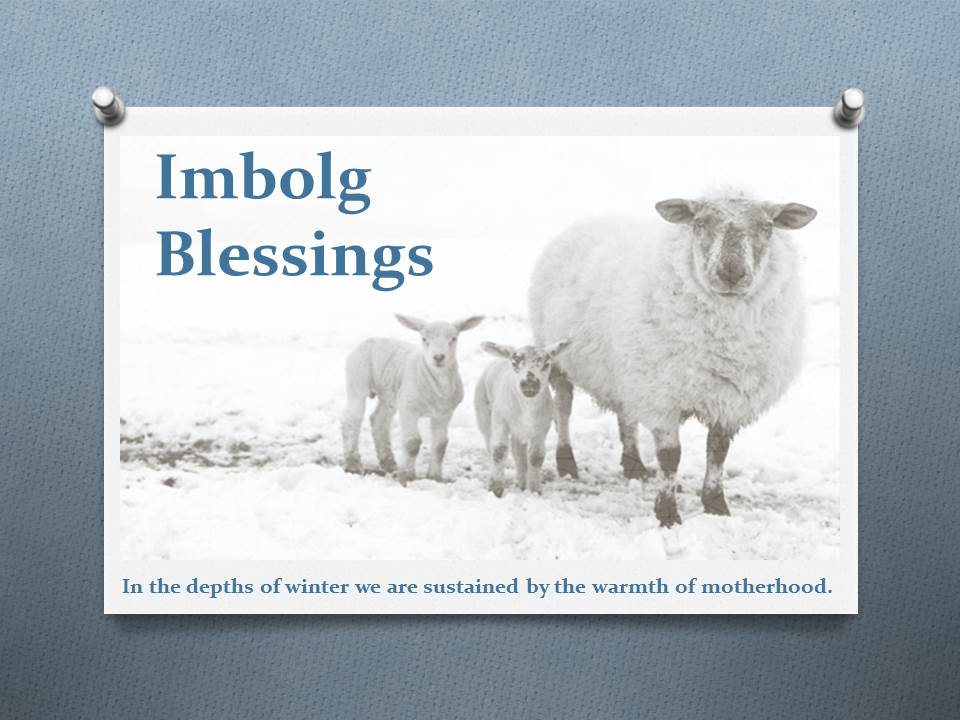
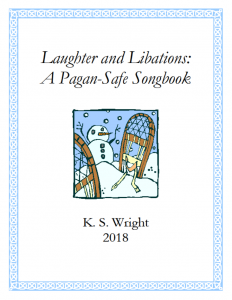 There is nothing like bawdy, irreverent, and satirical drinking songs to put you in the holiday spirit. This year’s edition of Laughter and Libations includes more songs and new recipes for favorite winter drinks. Those interested in trying their hand at culinary delights will also find two alcohol infused recipes for “Figgy Pudding” which are sure to be crowd pleasers.
There is nothing like bawdy, irreverent, and satirical drinking songs to put you in the holiday spirit. This year’s edition of Laughter and Libations includes more songs and new recipes for favorite winter drinks. Those interested in trying their hand at culinary delights will also find two alcohol infused recipes for “Figgy Pudding” which are sure to be crowd pleasers. June . . . love is in the air. It’s the traditional month for weddings. The solstice is upon us and the days are filled with light. The wedding month traces its roots back to Celtic origins and the story of a marriage which resulted in an unnaturally long day.
June . . . love is in the air. It’s the traditional month for weddings. The solstice is upon us and the days are filled with light. The wedding month traces its roots back to Celtic origins and the story of a marriage which resulted in an unnaturally long day.